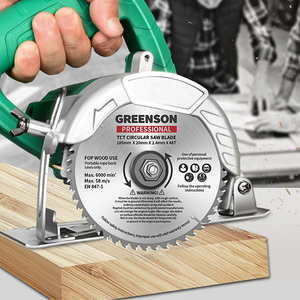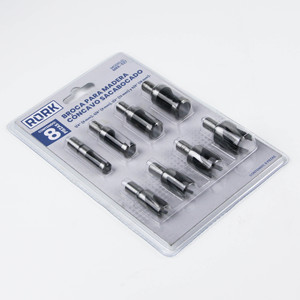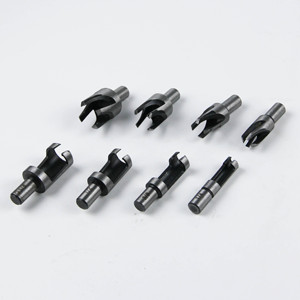Introduction to Tools Used in Wood Work
Woodworking is an age-old craft that combines skill, creativity, and the right set of tools. The tools used in wood work are essential for transforming raw materials into intricate and functional pieces. Whether you're a seasoned carpenter or a DIY enthusiast, understanding the various tools available will enhance your woodworking experience and enable you to produce high-quality work. In this guide, we’ll explore the types of woodworking tools, their functions, essential features, and how to choose the right ones for your projects.
Types of Tools Used in Wood Work
Woodwork requires a diversity of tools, each designed for specific tasks. Understanding the various types can help streamline your projects and improve craftsmanship.
- Hand Tools: These include chisels, hand saws, and hammers, which allow for detailed and precise work without the use of electricity.
- Power Tools: Tools such as routers, drills, and circular saws that make cutting and shaping wood faster and more efficient.
- Accessories: Items like clamps, jigs, and sanding blocks that support the woodworking process and ensure accurate results.
- Measuring Tools: Tape measures, squares, and levels are fundamental for ensuring precision in woodworking projects.
Function and Feature of Tools Used in Wood Work
The features and functions of woodworking tools significantly influence their usability and effectiveness. Here’s what to consider:
- Durability: Woodworking tools must withstand regular wear and tear. High-quality materials often mean lasting performance.
- Ergonomics: Tools designed with comfort in mind reduce fatigue during extended periods of use and promote accuracy.
- Versatility: Multi-functional tools can save space and provide flexibility for various woodworking tasks, catering to different project needs.
- Power Vs. Precision: Depending on the project, choose between power tools for speed and hand tools for finesse and detail.
How to Choose the Right Tools Used in Wood Work
Selecting the appropriate woodworking tools can significantly impact the outcome of your projects. Here are some considerations:
- Project Requirements: Define what type of woodworking projects you want to undertake. Simple projects may only require basic tools, while complex tasks may need more specialized equipment.
- Skill Level: Beginners might benefit from user-friendly tools while more advanced woodworkers can opt for professional-grade options. Beginners should also consider investing in a few quality hand tools.
- Budget: Determine your budget before making a purchase. High-end tools are an investment, but there are numerous affordable options that also deliver quality.
- Brand Reputation: Research brands known for their reliability and customer satisfaction. Reading reviews can guide you to choose trusted tools.
Applications of Tools Used in Wood Work
Woodworking tools serve various applications, making them indispensable for professionals and hobbyists alike:
- Furniture Making: Create bespoke pieces tailored to individual styles and needs using precise cutting and shaping tools.
- Cabinetry: Build custom cabinets and storage solutions, which require advanced tools for accuracy and strength.
- Artistic Woodworking: Tools that enable carving and intricate designs allow artists to express creativity through wood.
- Home Renovation and Repair: Essential tools for fix-ups, improvements, and DIY projects around the house.










































